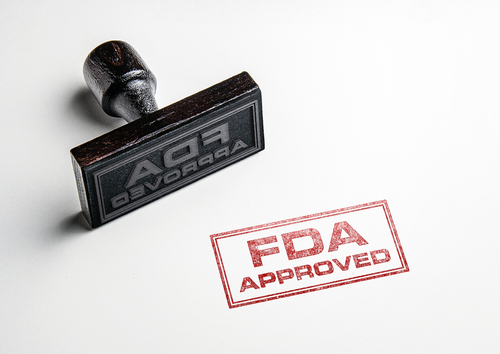
Methotrexate is one of the most common drugs used to treat rheumatoid arthritis (RA). When used early, disease-modifying antirheumatic drugs (DMARDs) can be clinically beneficial for RA patients. However, a study found that treatment with upadacitinib in patients with little or no exposure to DMARD methotrexate may have better outcomes as opposed to trying methotrexate.
“This trial convincingly demonstrates the efficacy of the JAK inhibitor upadacitinib as monotherapy in early rheumatoid arthritis. It works faster and better than methotrexate alone,” said lead study author Ronald van Vollenhoven, MD, in a press release.
The SELECT-EARLY trial was a randomized, double‐blind, active‐comparator, multi‐center, multi‐country study in which patients were randomized to receive JAK inhibitor upadacitinib or methotrexate. A total of 947 patients were randomized 1:1:1 to one of three groups for 24 weeks: once-daily upadacitinib 15 mg or 30 mg, or weekly methotrexate 7.5-20 mg. The main outcomes were the proportions of patients achieving ≥50% response in the American College of Rheumatology (ACR) criteria at week 12, as well as a 28‐joint Disease Activity Score including C‐reactive protein (DAS28[CRP]) of <2.6 at week 24.
Median disease duration at baseline (range) was 0.5 (0-44) years. A total of 840 patients (89%) completed the trial. More patients in both upadcaitinib treatment groups, compared to the methotrexate group, met both primary endpoints of ACR50 at week 12 (upadacitinib 15 mg, 52%; 30 mg, 56% vs. methotrexate, 28%; P<0.001), as well as DAS28(CRP) <2.6 at week 24 (48% and 50% vs. 19%, respectively; P<0.001). Both upadacitinib groups, compared to methotrexate, presented statistically significant and clinically meaningful improvements in numerous patient-reported outcomes. Per the van der Heijde modified Total Sharp Score (mTSS), more upadacitinib 15 mg and 30 mg patients had no radiographic progression (mTSS ≤0) compared to methotrexate patients (88%, 89% vs. 78%, respectively). After 24 weeks, the rate of treatment-emergent adverse events did not largely differ between the low-dose upadacitinib and methotrexate groups (64% vs. 65%) but was higher in the 30 mg group (71%). There were six deaths (upadacitinib 15 mg, n=2; 30 mg, n=3; methotrexate, n=1).
The study results were published in Arthritis & Rheumatology.







 © 2025 Mashup Media, LLC, a Formedics Property. All Rights Reserved.
© 2025 Mashup Media, LLC, a Formedics Property. All Rights Reserved.